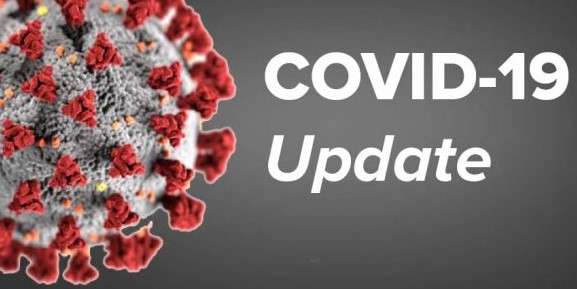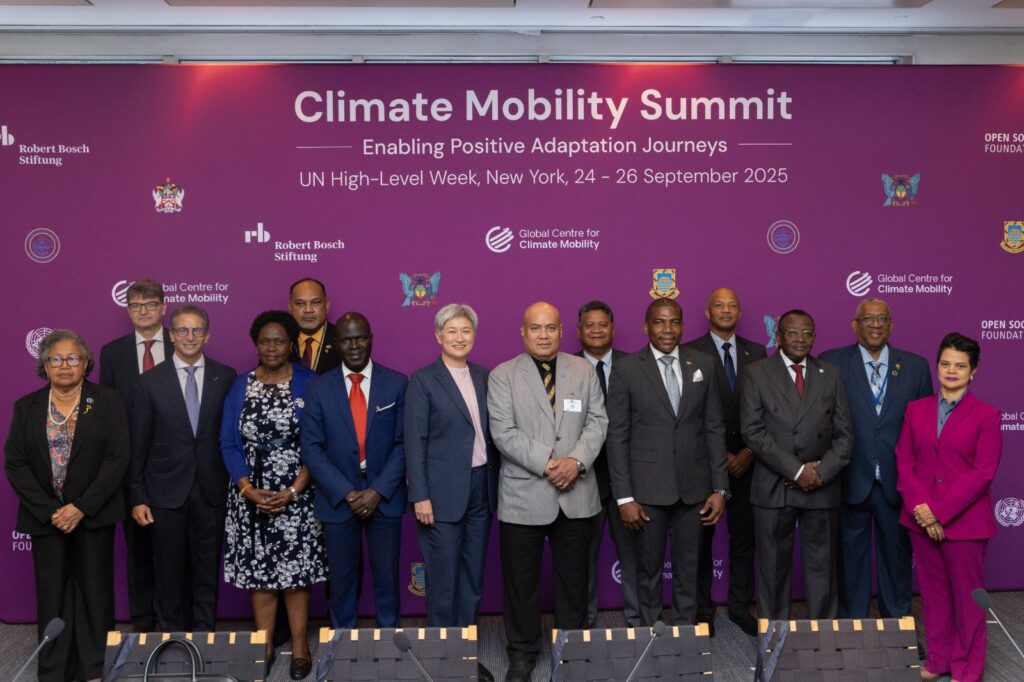US FDA: Single Bivalent COVID-19 Vaccine Dose Sufficient for Most Individuals.
The U.S. Food and Drug Administration (FDA) has significantly streamlined its COVID-19 vaccination recommendations, transitioning to a simplified, single-dose strategy centered around the bivalent vaccines targeting the BA.4 and BA.5 Omicron subvariants. This marks a departure from the previous two-dose mRNA vaccine regimen and effectively retires the original monovalent formulations from Pfizer and Moderna. The FDA’s decision reflects the evolving landscape of the pandemic, acknowledging the widespread prevalence of COVID-19 antibodies within the U.S. population, acquired either through prior infection or vaccination. This shift aims to encourage ongoing vaccination efforts by simplifying the process and addressing potential vaccination fatigue.
The core principle of the updated guidelines is the administration of a single dose of the bivalent vaccine for the majority of individuals aged six months and older. Those who have not yet received any COVID-19 vaccine, or who have only received the original monovalent formulations, are eligible for a single dose of the bivalent vaccine. However, individuals who have already received a dose of the bivalent vaccine are not currently recommended to receive additional doses. This streamlined approach is expected to enhance vaccination uptake by removing the complexity of multiple doses and appointments. The FDA emphasizes that the bivalent vaccines continue to provide robust protection against severe outcomes, including hospitalization and death, which remains the primary goal of the vaccination program.
While the single-dose strategy applies to the majority of the population, certain exceptions exist to accommodate specific vulnerabilities and age groups. Older adults aged 65 and above who have already received one dose of the bivalent vaccine may receive a second dose at least four months following the initial dose. This recognizes the potential for waning immunity in older individuals and aims to provide an additional layer of protection. Similarly, immunocompromised individuals who have received one bivalent dose may receive an additional dose at least two months later, with the possibility of further doses determined in consultation with their healthcare provider. This tailored approach acknowledges the unique challenges faced by these vulnerable populations in mounting a robust immune response.
For unvaccinated children, the vaccination schedule varies depending on age and the specific vaccine used. Children aged six months to five years who have not previously received any COVID-19 vaccine will follow a multi-dose schedule. Those receiving the Moderna bivalent vaccine will receive two doses, while those receiving the Pfizer bivalent vaccine will receive three doses. Children aged five who have not yet received any COVID-19 vaccination may receive either two doses of Moderna’s bivalent vaccine or a single dose of Pfizer’s bivalent vaccine. These age-specific recommendations are designed to provide adequate protection while considering the developmental stage of the immune system in younger children.
The FDA’s decision to simplify the vaccination schedule is supported by accumulating data demonstrating widespread immunity within the U.S. population, combined with the continued effectiveness of the bivalent vaccines in preventing severe illness. The agency believes this approach will not only streamline the vaccination process but also encourage future vaccination adherence by reducing the perceived burden and complexity. This simplified strategy is viewed as a critical step in adapting to the evolving nature of the pandemic and ensuring continued protection against severe COVID-19 outcomes. The FDA plans to reassess its recommendations in June, specifically addressing the strain composition of the COVID-19 vaccines for the fall season, further demonstrating its commitment to a dynamic and responsive vaccination strategy.
The transition to a single-dose bivalent vaccine strategy represents a significant shift in the U.S.’s approach to COVID-19 vaccination. This streamlined approach acknowledges the changing landscape of the pandemic, characterized by widespread immunity and the effectiveness of the bivalent vaccines. By simplifying the vaccination process and tailoring recommendations for specific populations, the FDA aims to maintain high levels of protection against severe outcomes while encouraging continued vaccination adherence. The agency’s proactive stance in reviewing and updating its recommendations ensures alignment with the evolving scientific understanding of the virus and the ongoing needs of the population. This dynamic approach underscores the importance of adapting vaccination strategies to best address the challenges presented by the ever-changing nature of the COVID-19 pandemic.
Share this content:












Post Comment